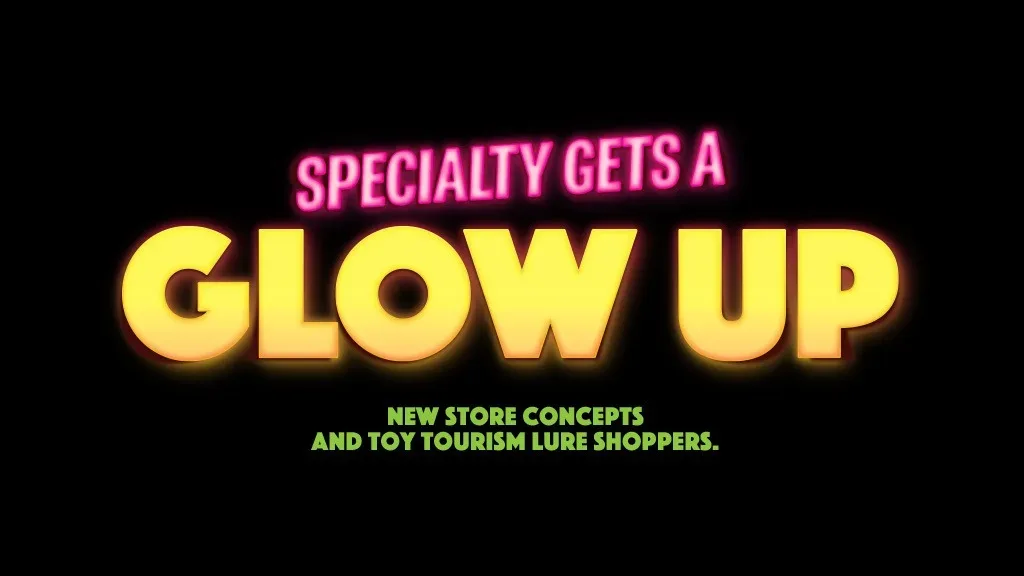When adults think back on their childhood, there are some key places that stand out — and that list likely includes their favorite toy store. Whether that meant pilgrimages to the local toy haunt every weekend or begging parents to make a pit stop at quirky specialty stores while out of town, independent retailers offer something special with a charm all their own.
While many shoppers now rely on mass retailers for a quick way to grab toys, specialty toy stores are still going strong, sprouting up across North America to give kids places to play and make memories in ways that a visit to the impersonal aisles of Target or Walmart can’t match. Specialty retailers continue thinking outside the big-box by forging a new path forward with a focus on themed destinations, curated toys, and thoughtful play experiences.
TOY TOURISM
Almost all kids know their local toy stores like the back of their hand, but traveling tots need to get their toy fix while on vacation, too. Toy stores in tourist destinations cater to a different type of customer base than those with a local clientele.
Kappa Toys has multiple locations in Las Vegas, including a shop on the Strip that recently moved locations to The Forum Shops at Caesars, and an immersive, glow-in-the-dark store at Area15. Founder and CEO Lizzy Newsome is also working to open several out-of-state locations this year.
Area15 is a shopper-tainment venue that offers immersive experiences with retail elements, such as virtual reality activities, ax throwing, flight simulators, and art shows, so it gave Newsome an opportunity to do something different.
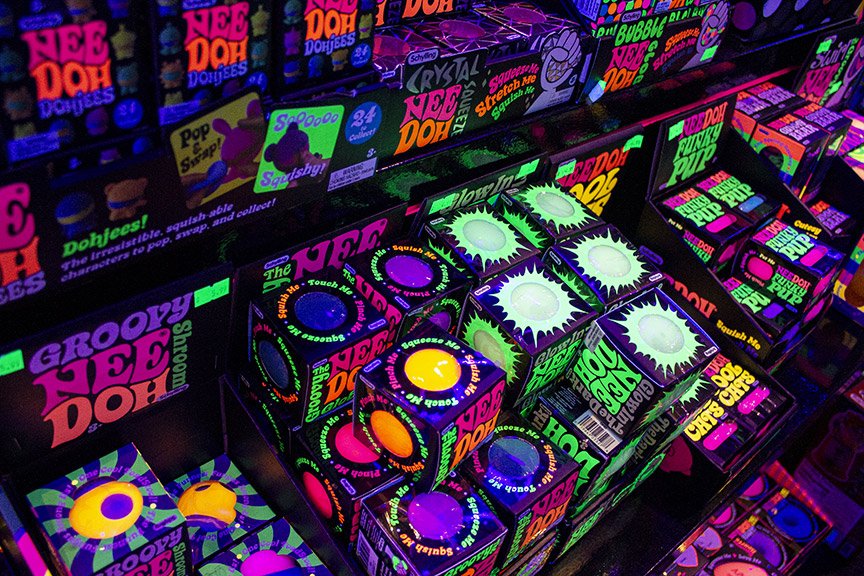
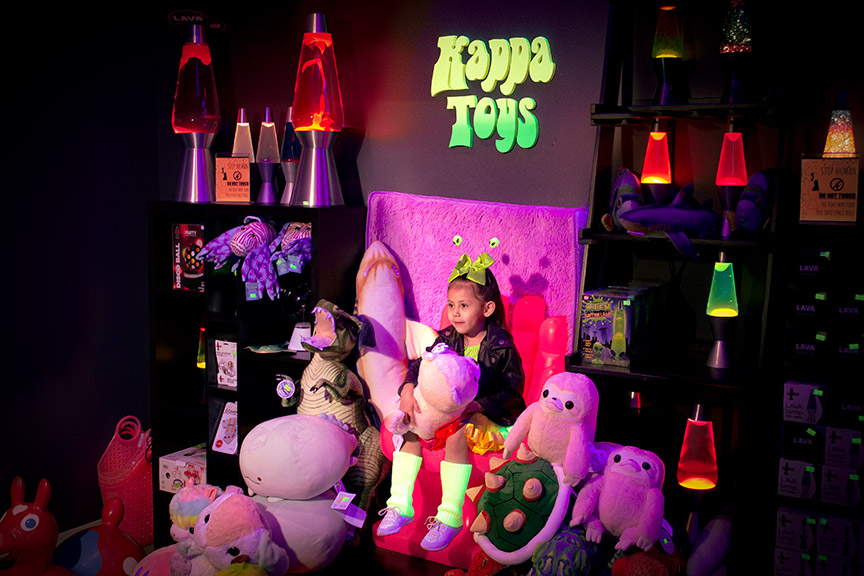
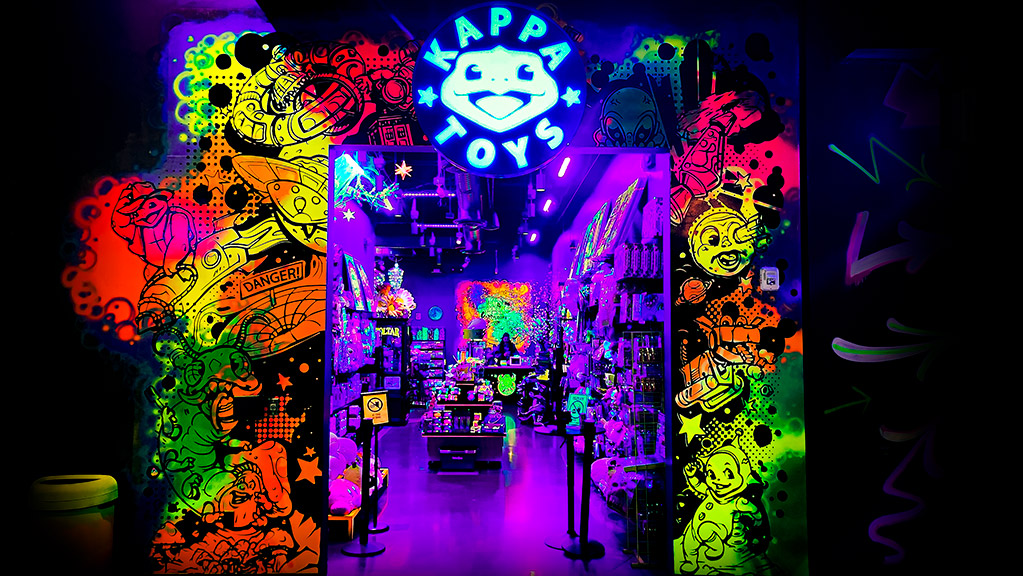
“The Area15 location was so close to our main Strip location that we knew it wouldn’t be as exciting if it was just a smaller version of that,” Newsome says.
The store space had a design feature that was already black-lit, so Newsome asked if they could make the Kappa Toys location a black-light toy store. While there is some crossover with Kappa Toys’ more traditional product assortment, Kappa Toys at Area15 emphasizes neon and glowing items that look cool under a black light. The Strip location leans into licensed properties, many of which come from Japan, such as Studio Ghibli, Rilakkuma, and tokidoki.
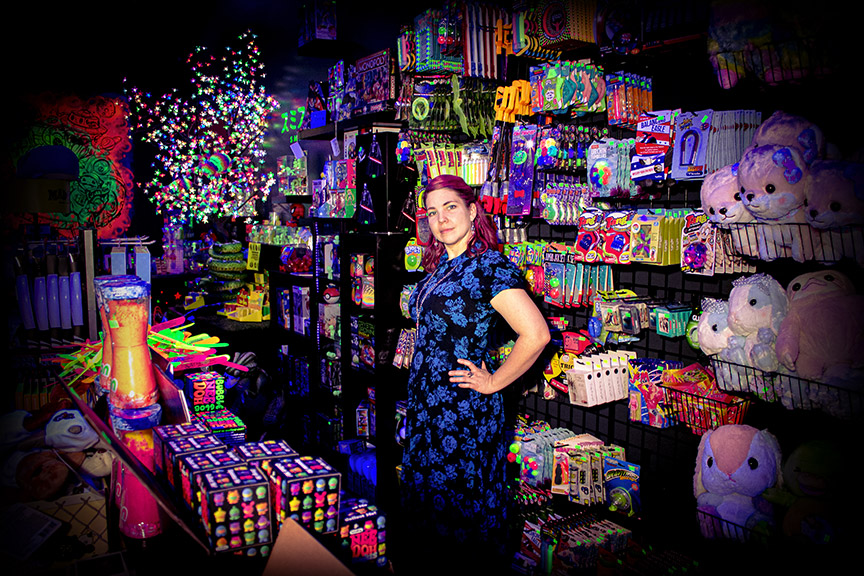
“We are a little different than other specialty retailers in that we’re targeting the tourist market that hits Las Vegas,” Newsome says. “We’re definitely part of the local community as well, but we have a really great relationship with our tourist customers.”
While the fourth quarter is typically the busiest time of the year for retailers as holiday sales skyrocket, Las Vegas follows a timeline as unique as the hotels that line the Strip.
“People don’t always come to Vegas during the holidays and a lot of local traffic leaves to go back to where they’re from,” Newsome says, sharing that Kappa Toys tends to have a strong January because tourists flock to the city for New Year’s Eve and CES. Other conventions and concerts, like the recent Taylor Swift tour that brought a ton of foot traffic to town, also affect sales.
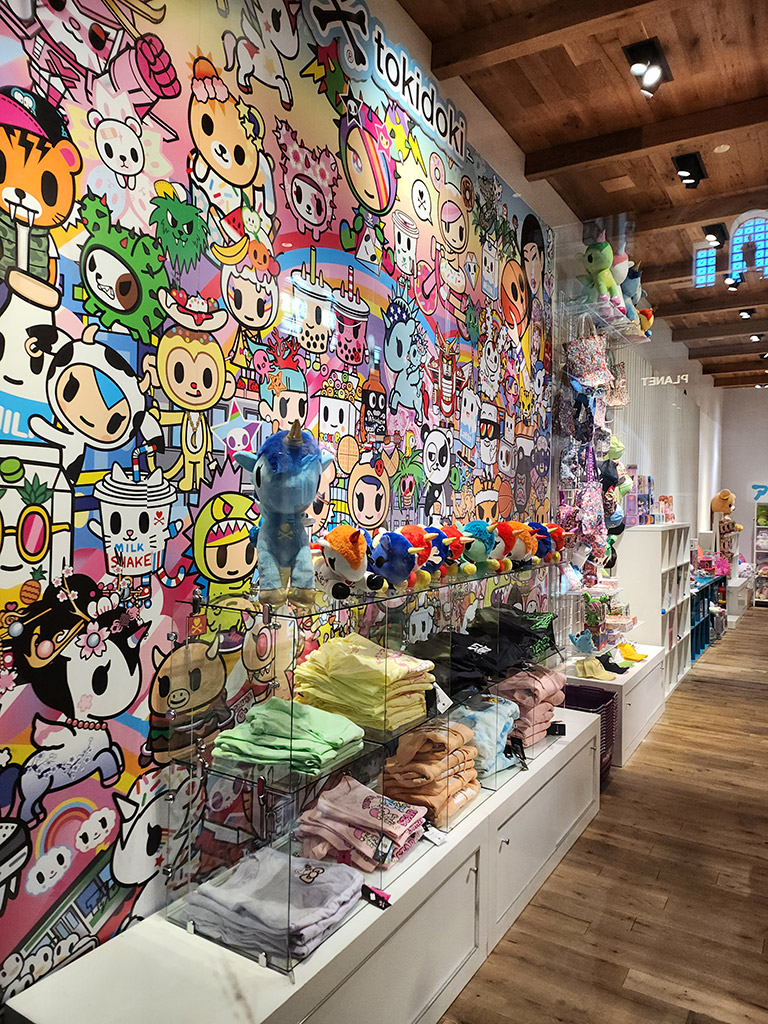
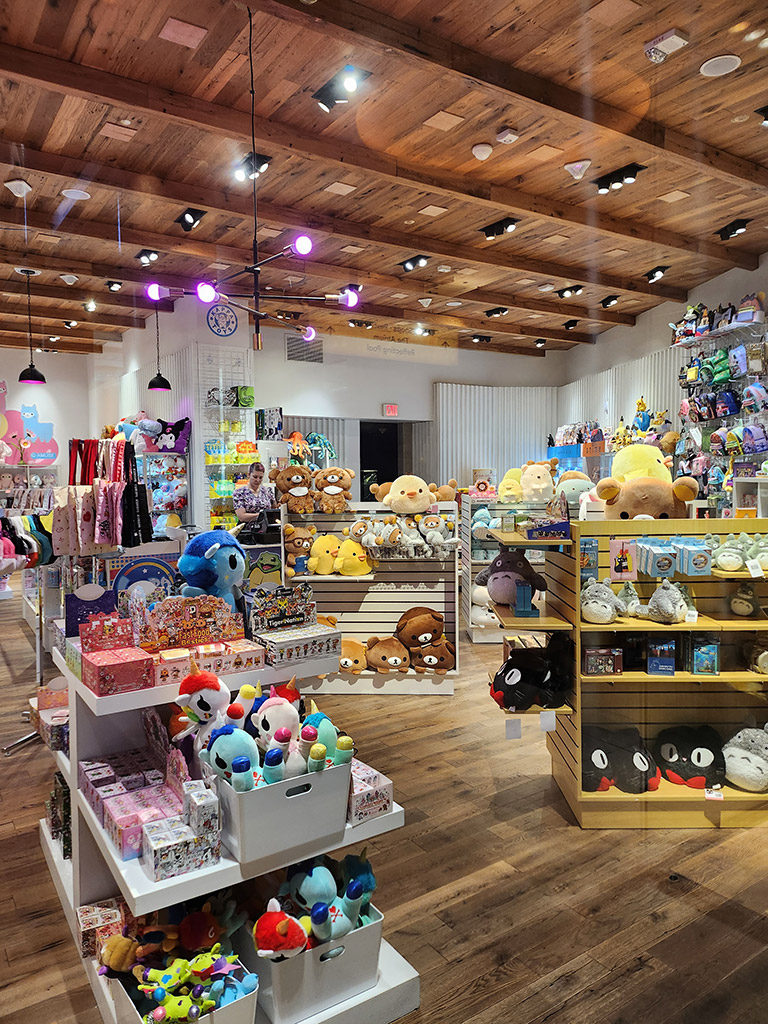
New retailers should get to know their customer base and analyze shopping patterns so they can prepare for ebbs and flows unique to their destination rather than assuming traffic will follow typical toy industry patterns.
“We’ve noticed that even though we have a mix of locals and tourists, a lot of times they want the same thing, so we really do have to watch for really fast trends that come up and try to restock to meet those desires,” Newsome says.
Salem, Massachusetts is another tourist hot spot, this one with record numbers in the summer and fall leading up to Halloween due to the historic Salem Witch Trials. Denise Kent has had a bookstore in downtown Salem since 2014 and now she’s in the final stages of opening a toy store called Silly Bunny nearby.
After a neighboring toy store left town, she noticed a desire for toys from both the local community and visiting tourists. One of the challenges Kent faces is placing her initial toy orders as she tries to figure out what will resonate with her customers. Kent says that, unlike Kappa Toys’ clientele, Salem’s locals and visitors are very different demographics, so she has to appeal to a broad range of shoppers.
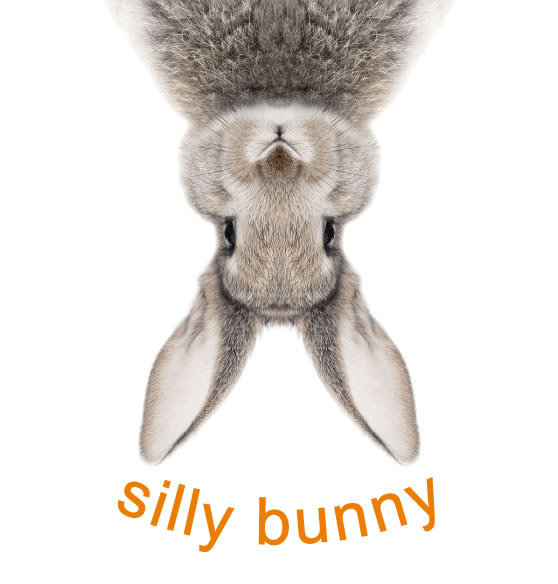
Kent expects a large volume of traffic during the peak season, but has found from her bookstore experience that staffing has been an issue since the start of the pandemic, as well as logistics like where to store everything. On top of that, Salem is a historic city so there’s an added challenge of conveying Silly Bunny’s warm, bright, and feel-good aesthetic, while still being sensitive to the historic downtown.
It’s also vital for any business owner to think ahead. Kent plans to offer a shipping service for tourists who may not want to fill up their luggage. Her husband is building the Silly Bunny Salem website while staff works to populate it with inventory to prepare.
“There’s a lot of behind the scenes going on — making the sausage,” Kent says. “I’m kind of up to my neck in sausage right now.”
HOMETOWN HERO
Not everyone lives near a travel mecca, but every town can benefit from a solid toy institution to bring the community together. Toy Utopia is located in Red Bank, New Jersey, a suburban town about 25 miles from Manhattan. Husband-and-wife duo Mira and Bruce Brach set up shop last summer as first-time retail owners, drawing on Bruce’s business experience and passion for toys and Mira’s background in education, research, and nursing.
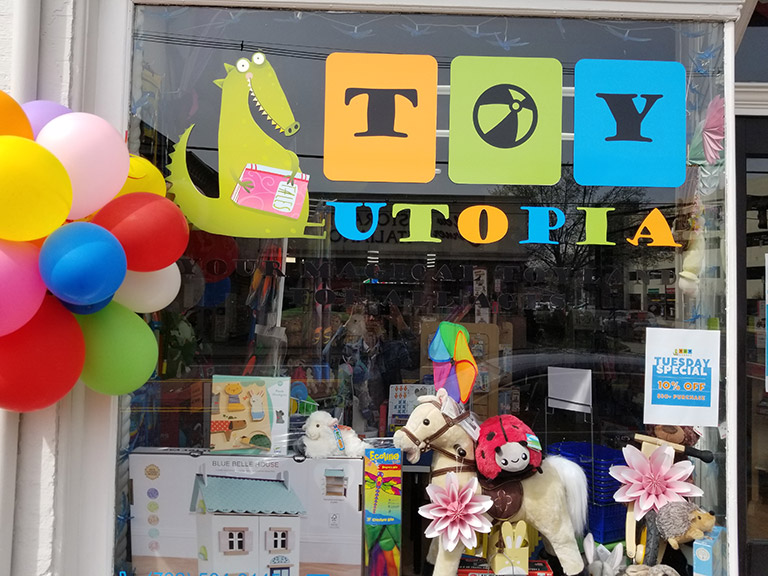
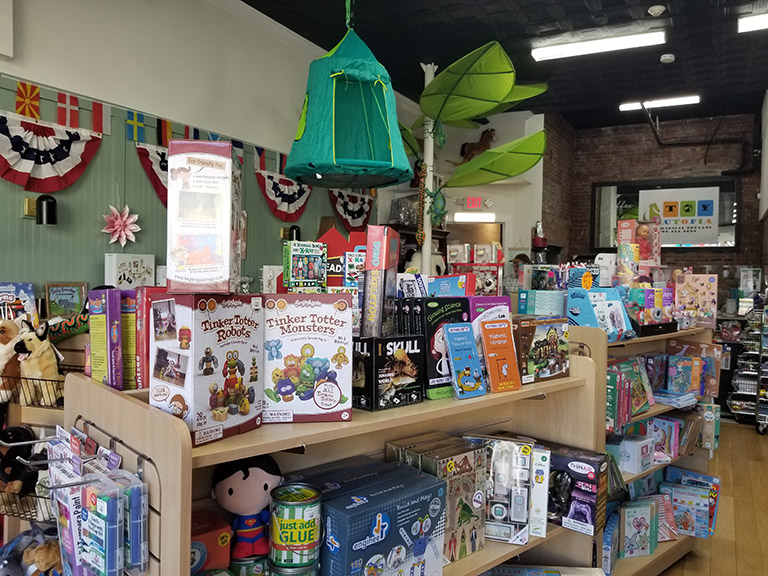
The goal right now is to establish themselves in the community to create awareness and cultivate a customer base by hosting events in town, such as arts and crafts at the local library, Mira shares. She also connects with local PTAs and attends business meetings to meet other local business owners. The plan for Toy Utopia’s future is to host in-store art classes, reading sessions, and other activities that will bring in locals. Eventually, Mira would like to create a section in the store for kids with disabilities, too.
One of the biggest challenges for Toy Utopia is ordering popular toy brands, like Squishmallows or Jellycat.
“It’s impossible for small toy stores because, in order to do that, you have to have an initial order of $10,000 or a minimum order [quantity] of 500-700 pieces,” Mira says. “Many of those big brands are not even opening new accounts or the minimum amounts are just not feasible for the beginners and new stores. You have to look at your shipping costs. You really have to be smart about the finances just to survive.”
One solution is to get creative with your inventory, curating a more unique selection of toys that shoppers won’t be able to find on Amazon. Toy Utopia carries many toys from Europe and offers vintage toys and collectibles from Bruce’s personal collection, such as old Tonka trucks, Matchbox cars, toy airplanes, trains, comic books, and Beatles memorabilia from the past 30-40 years.
“I wish all toy stores would remember that we’re not each other’s competition because somebody who shops at independent toy retailers is more likely to shop at someone else’s independent toy store, too. We’re not competing against each other. We’re united against everything else.”
— Lizzy Newsome, Founder & CEO, Kappa Toys
UNITED WE STAND
From New Jersey to Massachusetts to Nevada, one thing that all three retailers have in common is that they’ve all noticed that many of their youngest visitors have never been in a toy store or a book store before. It might be because those kids grew up in a pandemic or it might be because they’re out-of-towners that don’t have toy stores back home, but this means that retailers have the opportunity to shape kids’ relationships with play and the core memories that go along with it — something that online stores just can’t do.
“I wish all toy stores would remember that we’re not each other’s competition because somebody who shops at independent toy retailers is more likely to shop at someone else’s independent toy store, too,” Kappa Toys’ Newsome says. “We’re not competing against each other. We’re united against everything else.”
A version of this article was originally published in the 2023 Classics & Specialty Issue of The Toy Book. Click here to read the full issue! Want to receive The Toy Book in print? Click here for subscription options!

